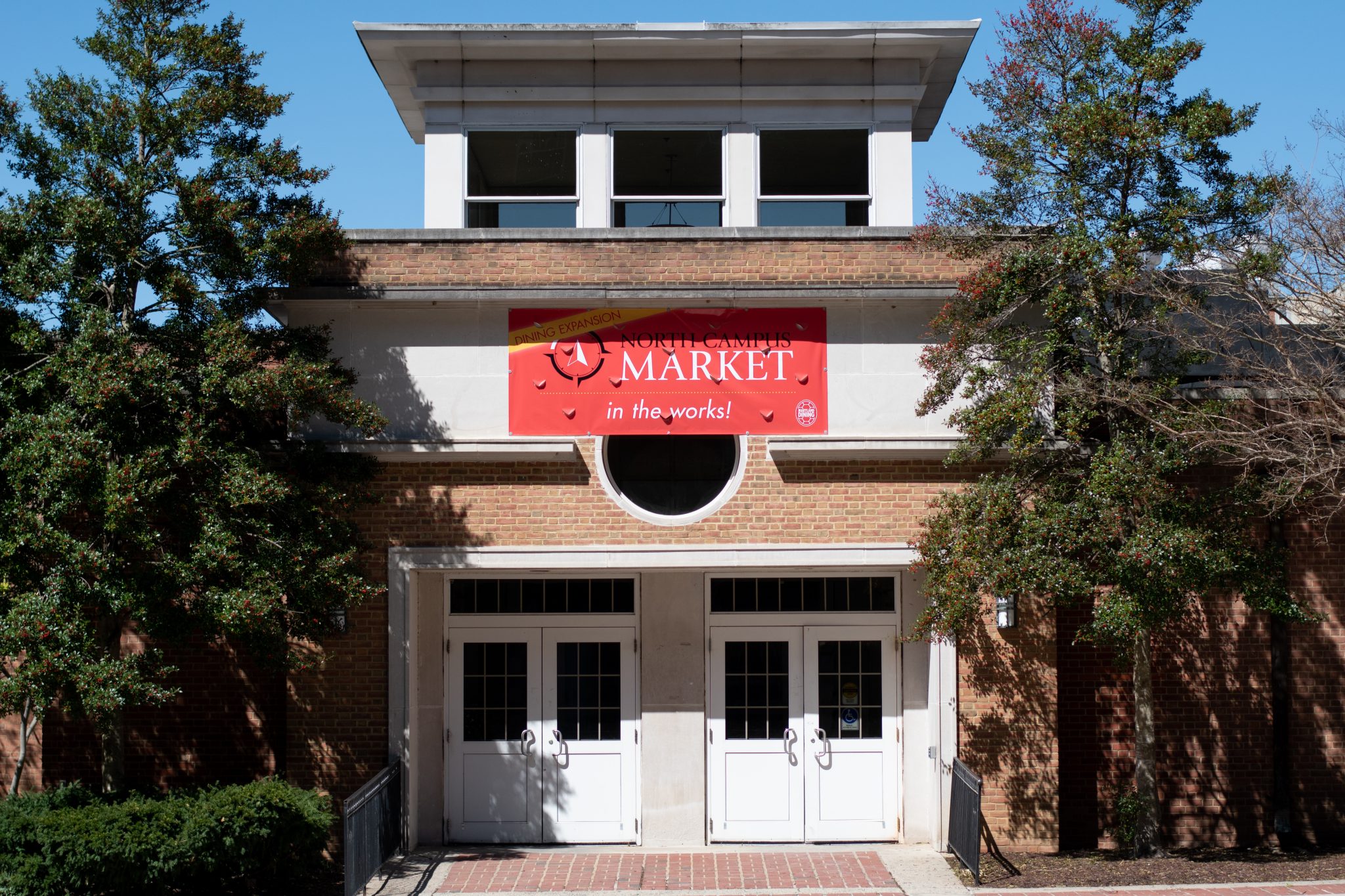The University of Maryland’s Recreation and Wellness department is looking to open an esports studio in the former North Campus Dining Hall building.
RecWell is reviewing plans with architects to create a new model for the esports studio, which would hold equipment for both competitive esports teams and the general student body, according to director Jay Gilchrist.
“This will bring people together that aren’t going to come into the gym to play basketball or come in to lift weights,” Gilchrist said. “They’ll come together to play esports.”
This university’s student affairs vice president’s office granted RecWell space in the former dining hall to open the studio. RecWell still needs approval from the Board of Regents and funds to renovate the space, which is why there is not a set opening date, Gilchrist said.
[UMD Esports program has moved past its growing pains and continues to expand]
The studio’s opening is expected around 2024, according to Sergio Brack, the esports director at RecWell.
Brack said the esports studio could have a console gaming space, a personal computer gaming space, private practice rooms, a broadcast studio and a platform area for streaming.
If approved by the Board of Regents, the esports studio will join the North Campus Market at the former dining hall. The market, which was originally set to open in fall 2022, has been delayed until fall 2023.
The North Campus Market will have a grill, pizza shop, coffee shop and convenience store. Bart Hipple, the dining services spokesperson, said the opening’s delay stems from other operations on campus requiring attention from facilities maintenance crew.
The esports studio will likely close around midnight with flexibility on the weekends to align with the market’s hours, Brack said.
[Half-baked hopes: Stamp Panera opening delayed to August]
For students who are part of this university’s esports community, such as freshman government and politics major Josh Klubes, the promise of a facility exclusively for esports is appealing.
“I think having facilities on campus for esports is a great way to kind of build a community of people who have like-minded interests with video games,” Klubes said.
The esports team currently uses a facility in Knight Hall that can hold about 20 people comfortably, according to senior journalism major Erica Javadpour, the community manager of this university’s esports program. The program supports more than 1,700 gamers. The new facility should be able to accommodate many more people, Javadpour said.
“I’m really looking forward to it because esports is something that has grown so much in the last couple of years,” Javadpour said. “Despite its immense exponential growth, so many people still don’t know about the potential in that industry.”



